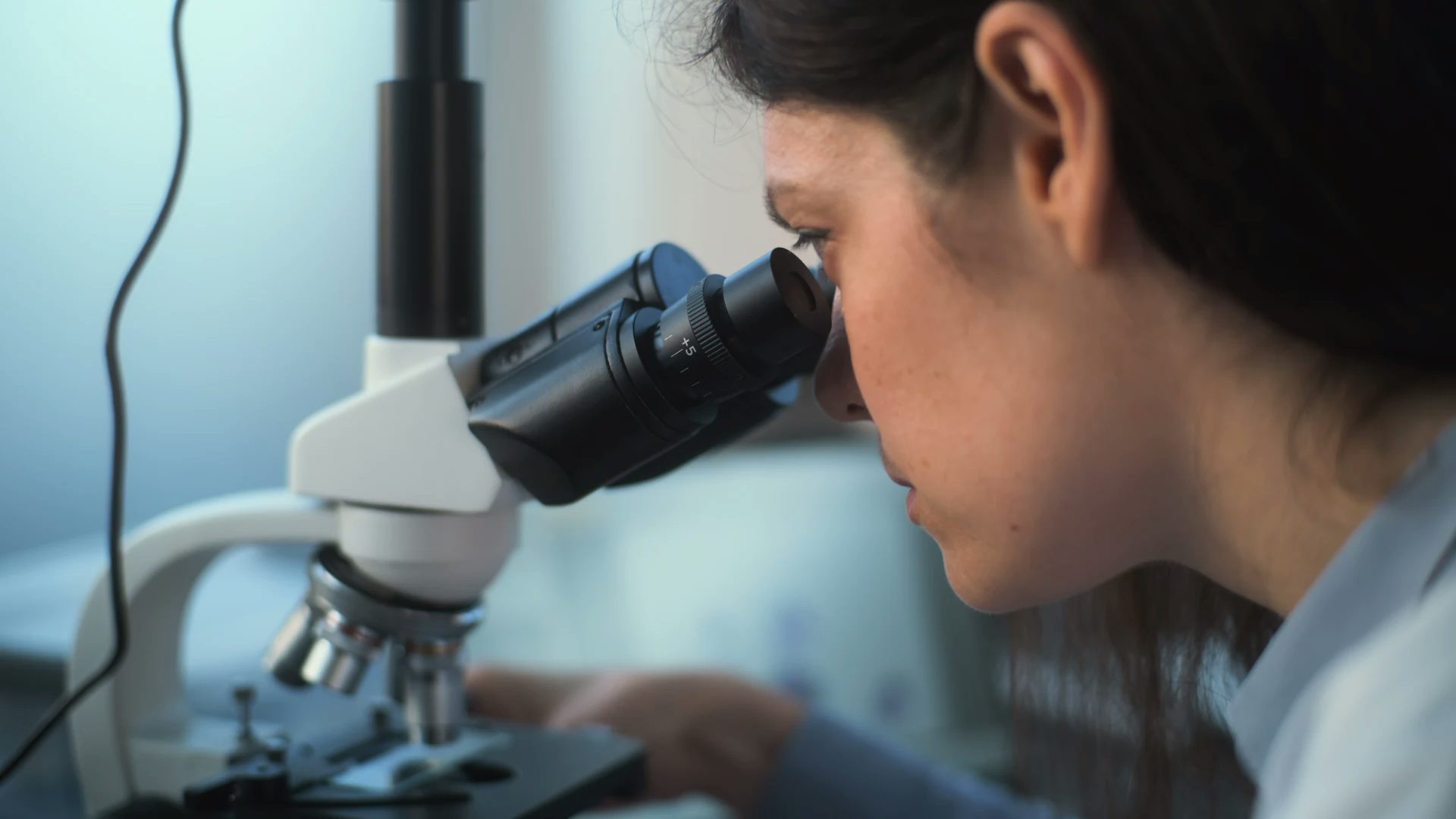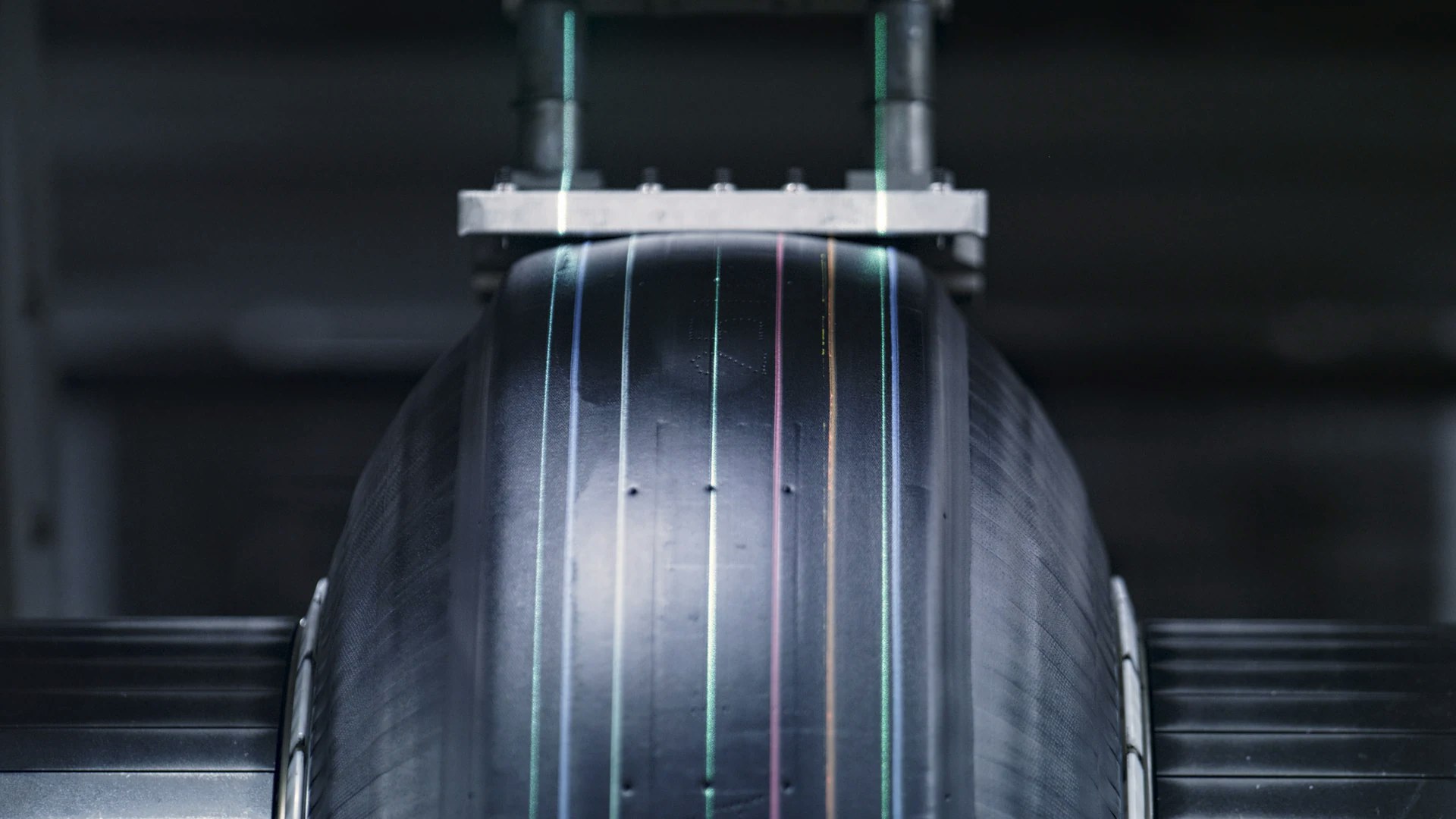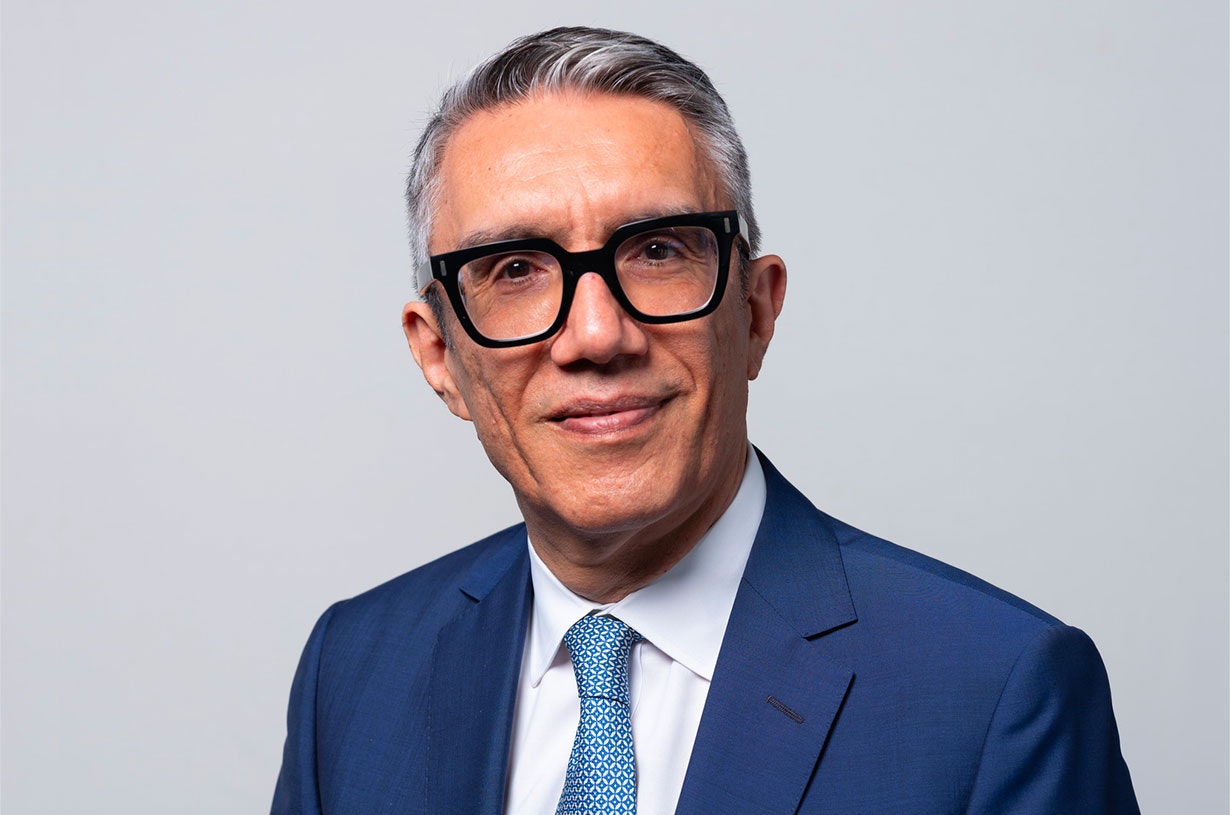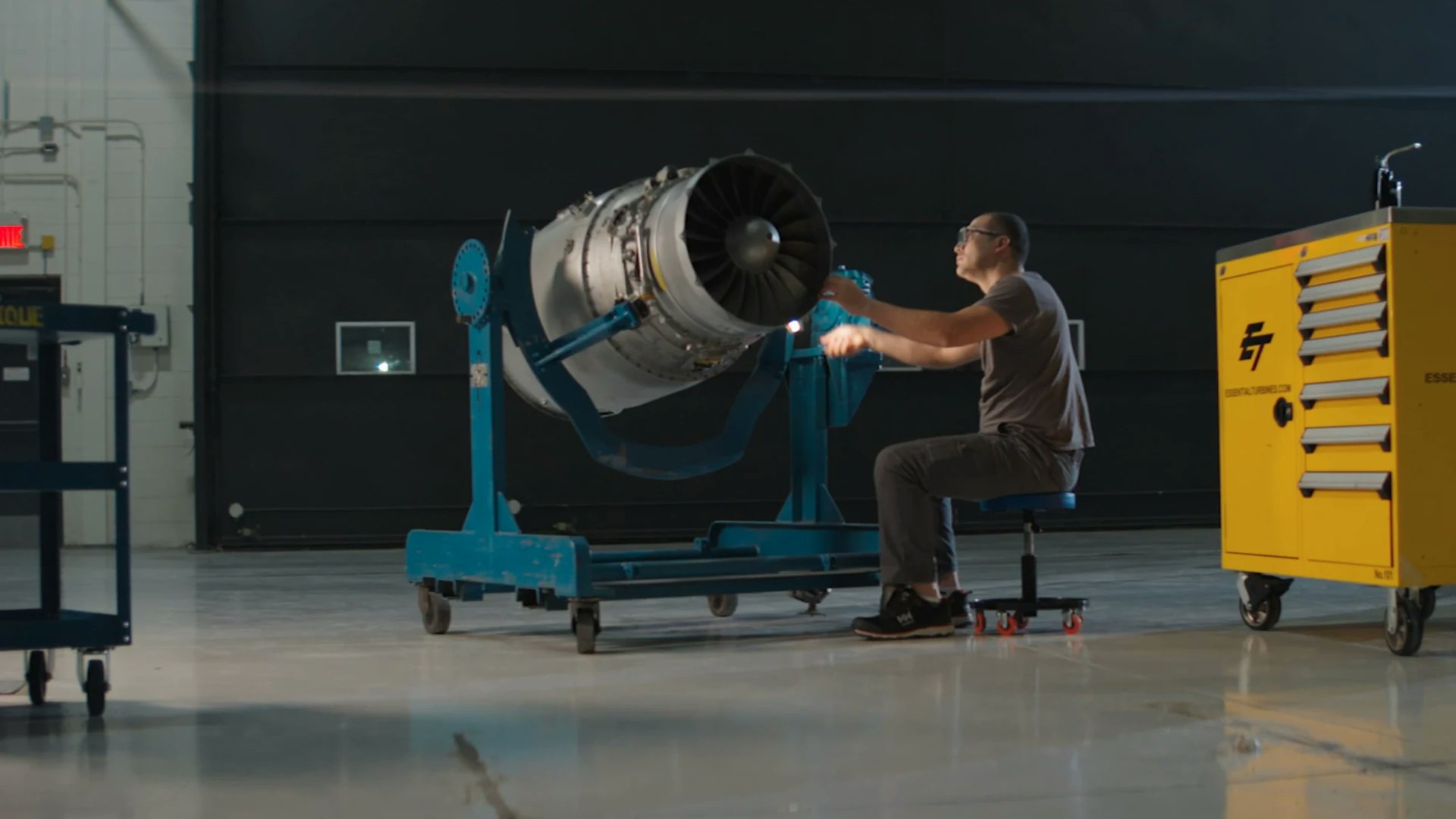
MET Assistant
Hi, my name is MET!
What can I help with?
Popular
Get started
⌘
( Scroll to explore )

LIA: A LIVING LAB FOR INNOVATION IN AEROSPACE, A UNIQUE SPACE FOR RESEARCH
The goal is to give those working in the innovation ecosystem privileged access to MET’s full infrastructure and operations to support research projects and experiments. This approach positions MET as more than an airport — it becomes a large-scale, open laboratory for innovation: a Living Lab.

THE POTENTIAL OF AIRPORTS TO FOSTER INNOVATION
Airports are vast ecosystems for research and innovation. Spanning hundreds of hectares, they bring together complex infrastructure and tens of thousands of workers. By opening its doors to innovation, a Living Lab airport enables research organizations to carry out projects in real operating conditions — offering a unique opportunity to study actual practices and conduct meaningful tests.

WHAT’S A LIVING LAB?
Living Lab is the internationally used term to designate a real-life environment available for research where participants go beyond being mere study subjects to become contributors. This research space offers considerable advantages due to its collaborative and dynamic nature. Conducted in a real context rather than a traditional laboratory, the studies carried out here promote innovation and analysis, whereas research conducted in external laboratories must artificially replicate real conditions, with the associated risks of bias and complications.
( DESIGNED FOR INNOVATION )
LIA’S PILLARS OF ENGAGEMENT

PROVIDE ACCESS TO A UNIQUE STUDY SITE
Accelerate innovation by providing a unique study site—featuring our infrastructure, facilities and workforce—to carry out projects in a real-world setting.

FACILITATE RESEARCH PROJECTS
Make research projects possible by involving our experts and facilitating strategic partner funding thanks to specialized support on every project.

CREATE A COMMUNITY OF EXPERTS
Build and motivate a community of airport innovation-based multidisciplinary practices to share knowledge and provide access to global leaders in the industry.
THE LIA - LIVING LAB FOR INNOVATION IN AEROSPACE’S SCIENTIFIC DIRECTION WILL BE LED BY PROFESSOR MEHRAN EBRAHIMI

( 06 )
THE LIA’S FOUNDING MEMBERS
The LIA’s founding members have come from near and far to serve on the advisory and scientific committees, providing their expertise to guide the research projects. Recognized by the scientific community, the founding members are enthusiastic to contribute to LIA’s unique project and promote innovation in the aerospace industry.
( Founder )
Mehran Ebrahimi
Scientific Director, LIA - Living Lab for Innovation in Aerospace
Mehran Ebrahimi, PhD, is a full professor in the Department of Management at the School of Management Sciences, Université du Québec à Montréal (ESG UQAM). He is a member of the International Network for Innovation and Foresight (r2ip) and director of the GEME-Aéro study group on management of aeronautical companies, and of the International Observatory of Aeronautics and Civil Aviation at UQAM.

OPEN CALL
FOR INNOVATORS & RESEARCHERS
We’re bringing together a community of experts and researchers to advance new research and prototyping projects. The LIA – Living Lab for Innovation in Aerospace provides the environment and support needed to help these initiatives thrive.
( 01 )
Businesses
( 02 )
Academic institutions
( 03 )
Research organizations